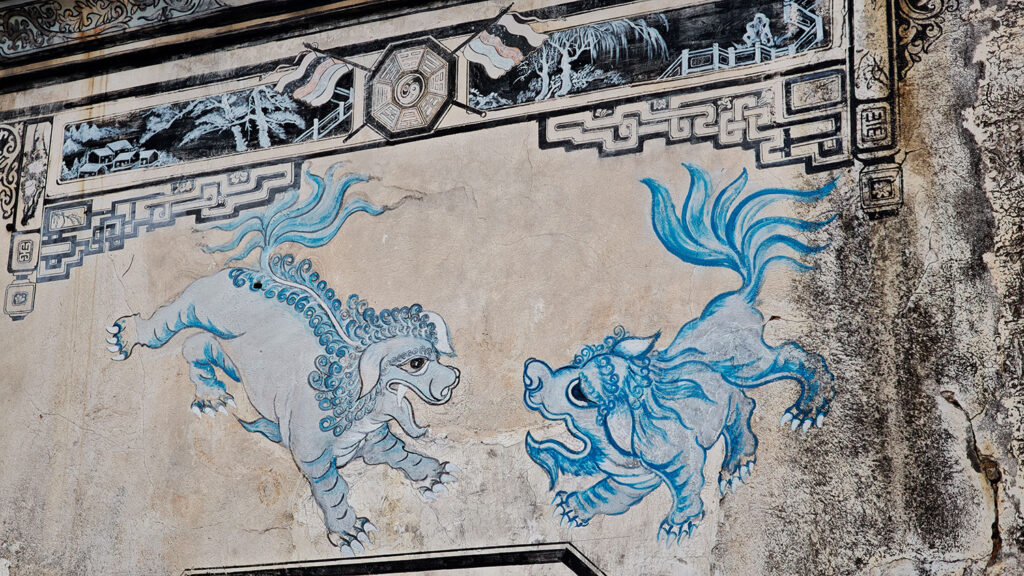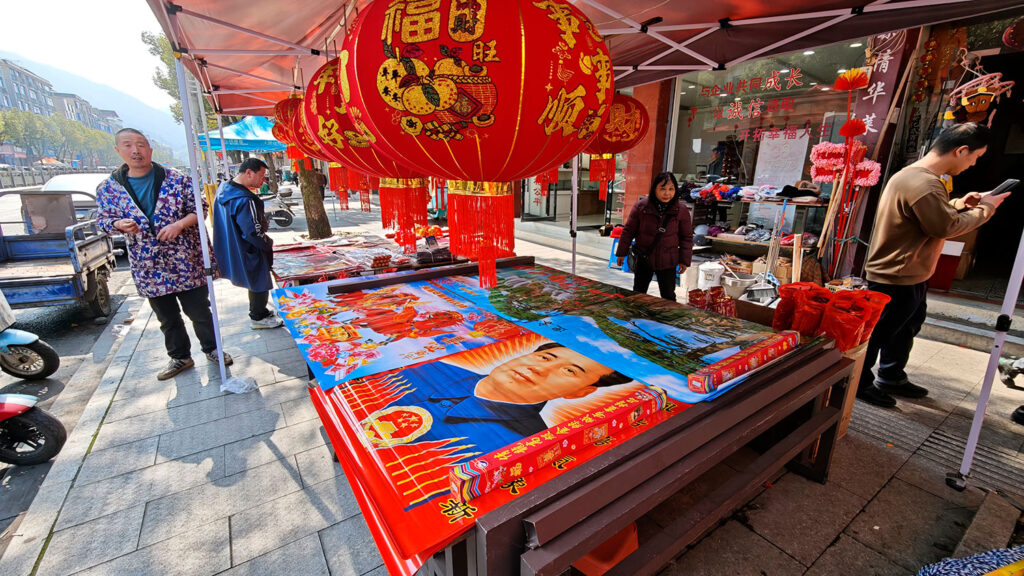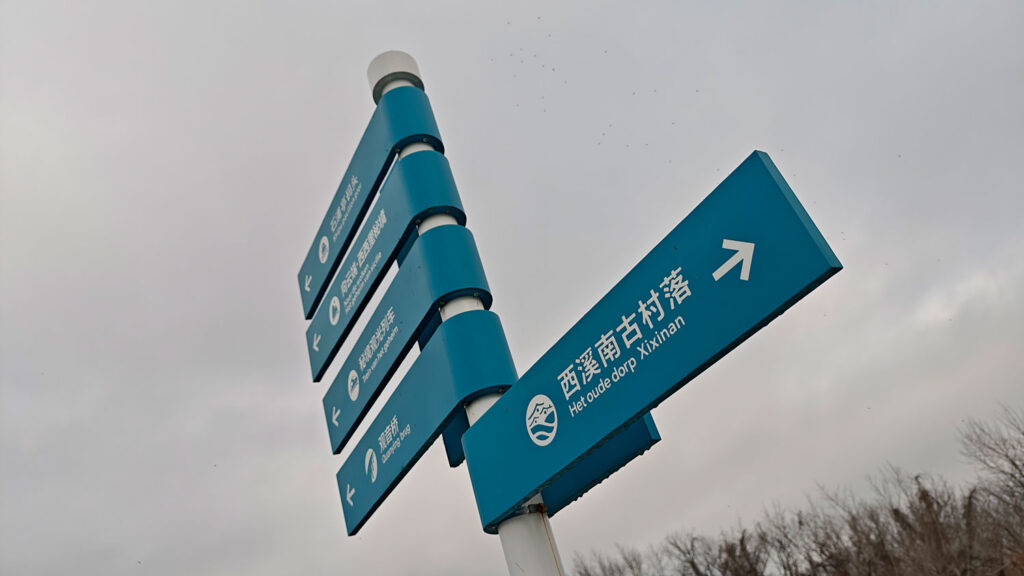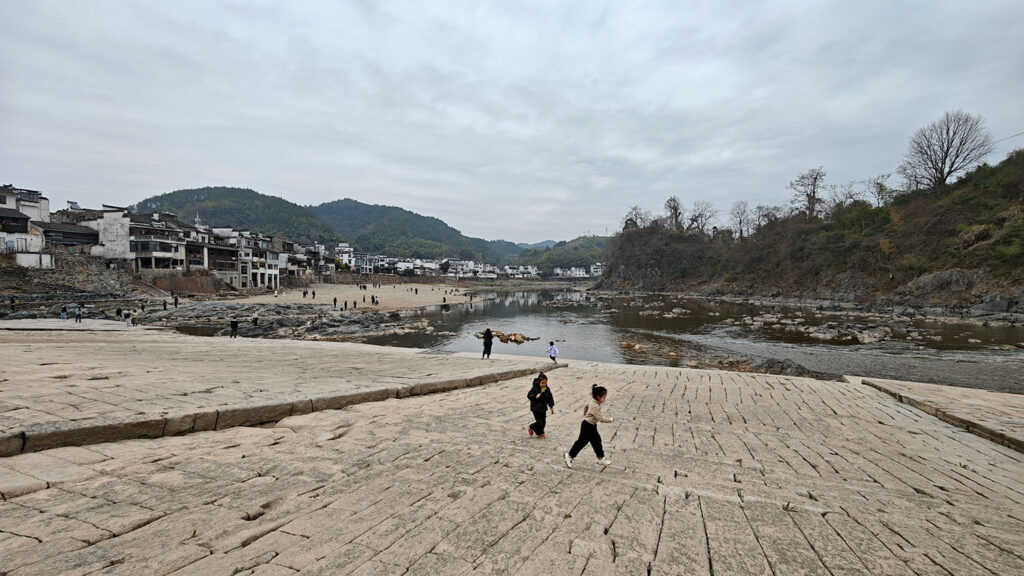We often think of quantities in a linear way. We know that a thousand millimetres go into a metre, and that a thousand kilograms go into a single ton. We know that a ten-by-ten centimetre square equals one hundred square centimetres, and that when we add ten centimetres of height, you get one thousand cubic centimetres, or one litre.
We often apply this logic elsewhere in our lives. We think expensive products are superior, that bigger engines make cars faster, that more time spend at work means more productivity. We think that wealth means success, and that success means happiness.
But while time, money, distance, and other resources increase in a linear way, their values often don’t. This principle was introduced to me by Ross Brawn, a former team principle in Formula One.
Formula One is a good metaphor, because at first glance it seems like a linear challenge. The winning team has the fastest car, which is the one that travels a set distance within the least amount of time.
This challenge is set within regulations, stating that for instance, the wings on the car can’t exceed certain measurements, and that the engine capacity can’t be more than 1.6 litres. But teams have plenty of variables left to achieve time reduction.
And you could argue — following the linear logic — that all time reductions have the same effect, and that it doesn’t matter whether you reduce the total race time by one second through aerodynamics or mechanical grip.
But in the book ‘Total Competition’, which he co-authored with Adam Parr, Brawn highlighted the importance of time gained during pitstops over other time gains.
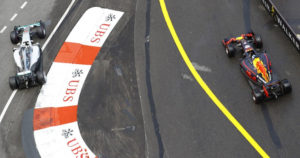 During races, cars enter the pitlane to be fitted with new tyres, and once on fresh rubber they rejoin the track, often neck-and-neck with competitors, coming out narrowly ahead or narrowly behind.
During races, cars enter the pitlane to be fitted with new tyres, and once on fresh rubber they rejoin the track, often neck-and-neck with competitors, coming out narrowly ahead or narrowly behind.
While half a second reduced from total race duration might not make a huge difference, half a second gained during these pitstops can be decisive. Brawn thus refers to this time as ‘strategic time’.
The principle is interesting, because the value of this time is higher than the same amount gained elsewhere. It’s non-linear value to something as linear as time.
This asymmetry also applies off the racetrack, and we see it happen often. Some beers sell well, not because of their taste, but simply because they have a quirky name. Some movie reel in profits, not because of the quality of the writers, but because a famous actor plays in it.
Applying this to life clarifies how, when meeting new people, first impressions are more valuable than other impressions. It clarifies how, when writing an essay, the conclusion is valued over other chapters. And the principle also clarifies how, when giving a presentation you’ve worked on for days on, arriving just ten minutes earlier allows you to check to see if the screen and sound works, instead of fumbling during your presentation.
And so, while time’s amount moves linearly, its value does not. It’s as George Orwell would say: ‘All time is equal, but some time is more equal than others.’
